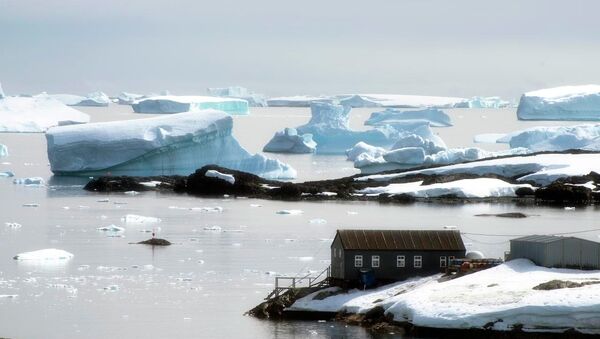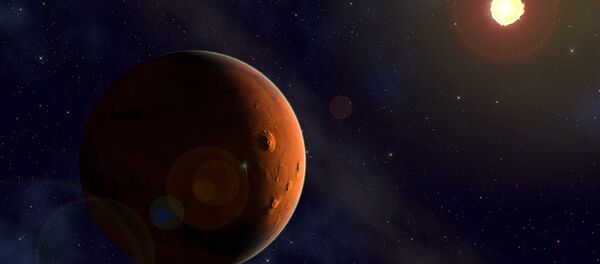According to the researchers, the bacterium called w123-10 was absolutely unknown to science when it was discovered. Later it was found out that the bacterium is only 86% genetically similar to all known living organisms. In terms of genetics, this is enough to recognize the microorganism as absolutely unique, Lenta.ru reported.
The lake, which was named after the Russian research station Vostok, remained isolated from the rest of the world for 15 million years, the scientists claim. The water temperature in its upper part is only two to three degrees Celsius below zero. So, the lake is likely to have geothermal sources on its bottom, which heat water and create comfortable living conditions for microorganisms.
The environment the w123-10 bacterium lives in is similar to the one in the under-ice oceans of Jupiter's moons (Ganymede, Callisto and Europa) and Saturn's moons (Dione and Enceladus), as well as at the poles of Mars. These makes scientists believe that studying microorganisms in prehistoric Antarctic ice could give clues to what life forms could be found in space.



